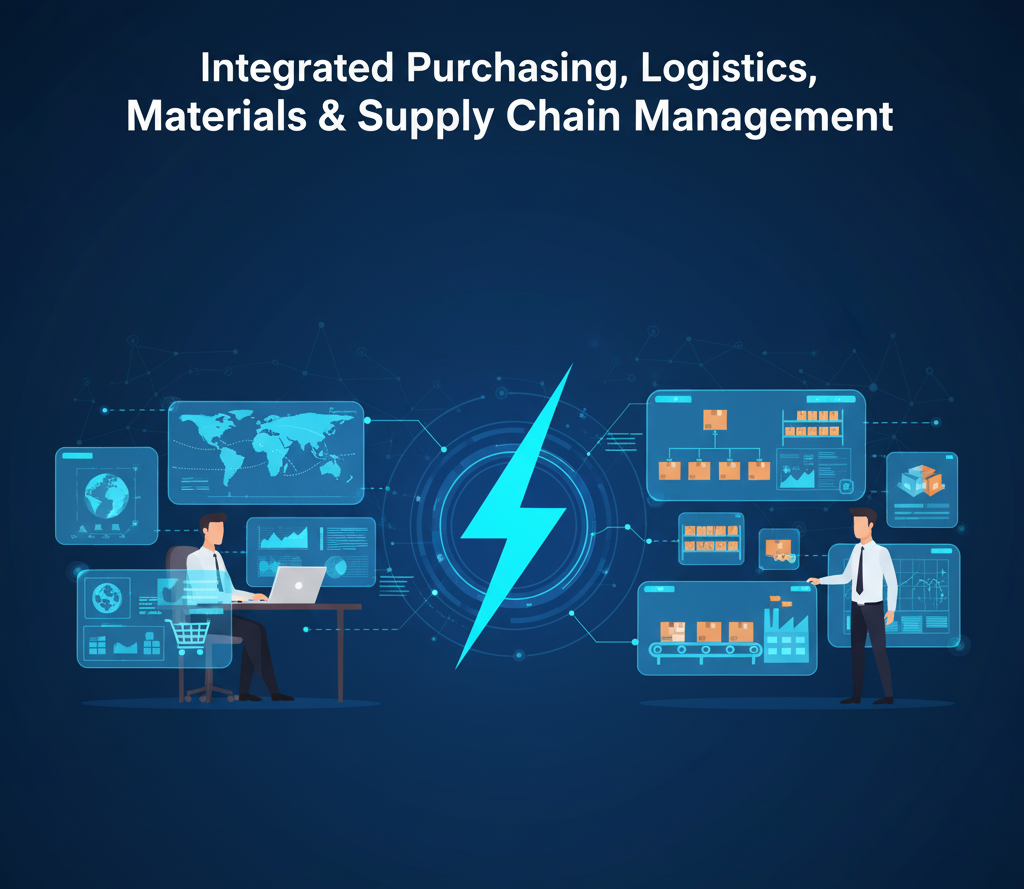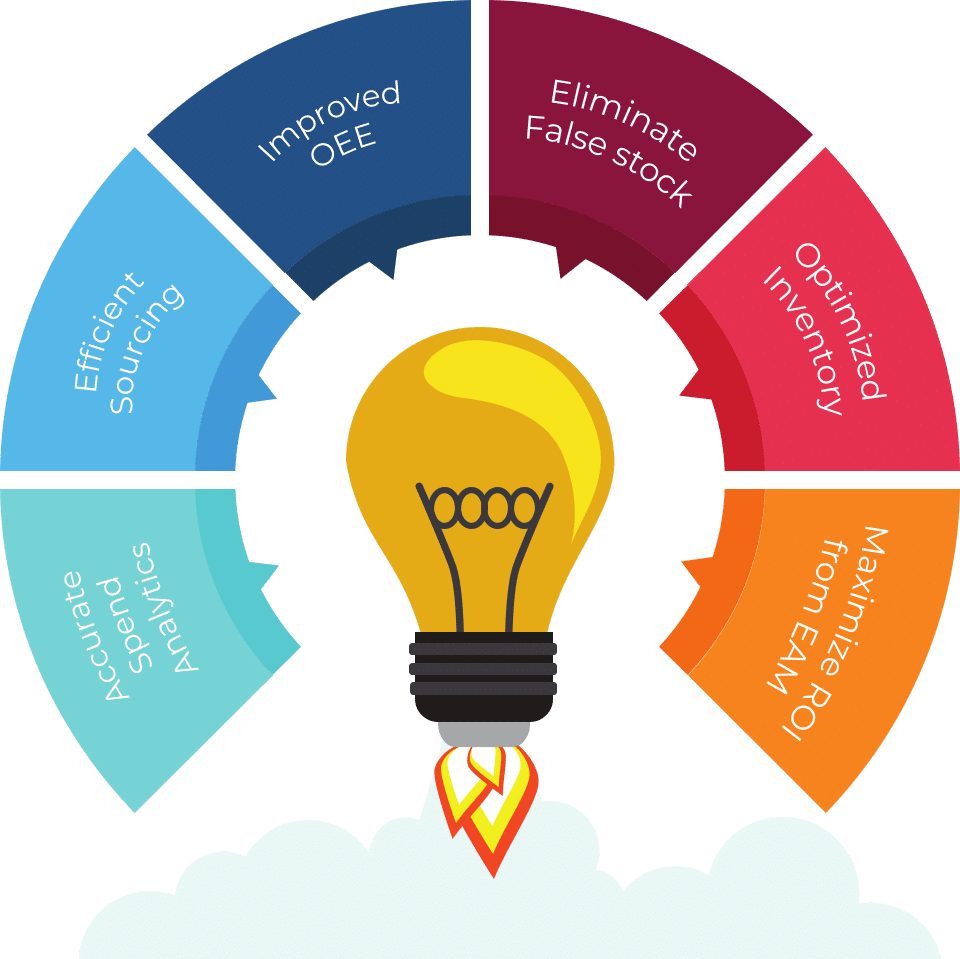

This seminar is designed to provide the processes and tools for Purchasing, Logistics, and Inventory activities to integrate their methods with suppliers and leverage technology to meet the needs of the organization.
Upon completion of this seminar, participants will know:
Managers and professionals involved in purchasing, logistics, operations, and inventory activities that want to learn how better supply chain integration can bring significant improve to the organization’s performance.
This seminar will combine a variety of instructional methods including lecture by an experienced practitioner and consultant, exercises, and group discussions covering current practices and their relationship to the implementation of new concepts.
Day 1-Supply Chain Integration
Integration =Supply Chain Management
Integration Framework
Where to Start the Integration Process
Integration Requires Alliances
Day 2-Reengineering the Processes
Changes in Supply Chain Responsibilities
The Need for Process Change
Keys to Successful Integration of e-Tools
Day 3-Integration Tools
Data and Integration
Technology and Supply Chains
Technology Tools for Supplier Relationship Management (SRM)
Common Logistic Processes
Day 4-Applying Concepts & Technologies
Common Logistic Processes
Improvement Initiatives-Cycle Time Reduction
Vendor Managed Inventories
E-Reverse Auctions
Day 5-Managing Sourcing Risk
Expressive Bidding
The Outsourcing Issue
Identifying and managing supply risk
Developing the Integration & Technology Strategy
CDGA attendance certificate will be issued to all attendees completing minimum of 80% of the total course duration.
| Code | Date | Venue | Fees | Register |
|---|---|---|---|---|
| PRO125-02 | 05-04-2026 | Muscat | USD 5450 | |
| PRO125-03 | 13-07-2026 | Tbilisi | USD 6950 | |
| PRO125-04 | 18-10-2026 | Dubai | USD 5450 |

This unique program is aimed at assisting delegates to develop skills and competence on how to establish and maintain a comprehensive materials and product catalogue to support business and operations ...

This course is aimed at both suppliers and buyers who need an overview of the key drivers involved when viewing supply chains from a logistics/demand point of view.

Supply chain management helps organizations build and deliver products better, faster and cheaper. Supply chain managers are involved in every facet of the business process – planning, purchasing, inv ...
Providing services with a high quality that are satisfying the requirements
Appling the specifications and legalizations to ensure the quality of service.
Best utilization of resources for continually improving the business activities.
CDGA keen to selects highly technical instructors based on professional field experience
Since CDGA was established, it considered a training partner for world class oil & gas institution
3012, Block 3, 30 Euro Business Park, Little Island, Co. Cork, T45 V220, Ireland
Mon to Fri 09:00 AM to 06:00 PM
Contact Us anytime!
Request Info